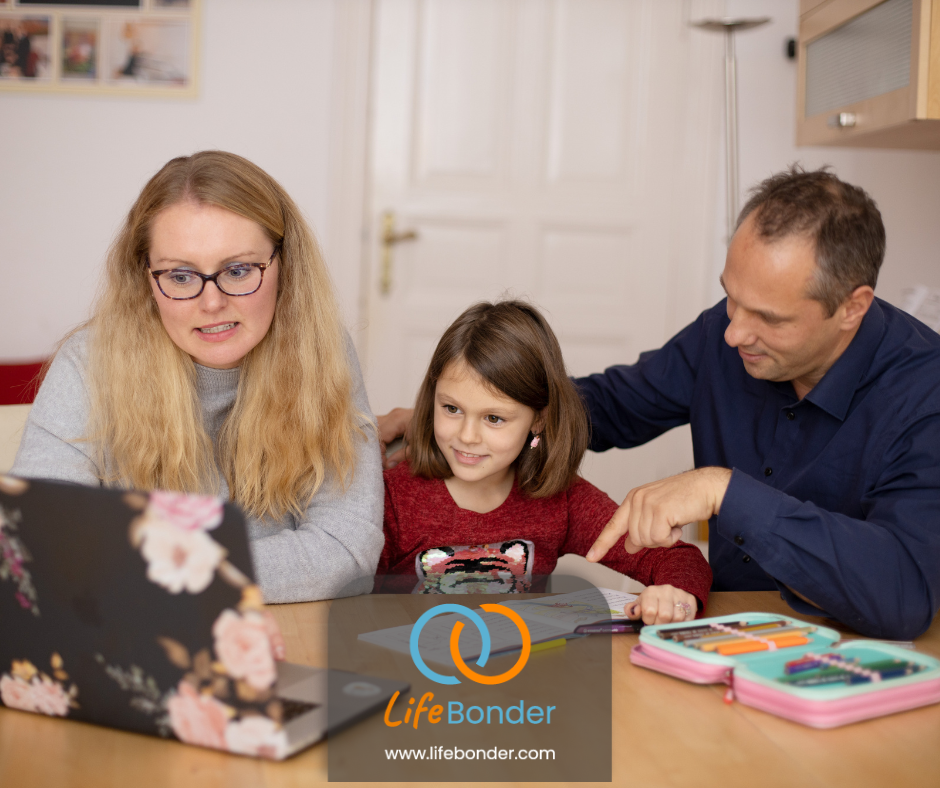In today’s digital age, social media platforms and gadgets serve as virtual playgrounds for the younger generation. Reports say, “By age 8, 42% of US children have their own tablet”. With the rise of smartphones, tablets, and constant internet connectivity, it has become essential to teach young people not only how to navigate the digital landscape but also how to do so responsibly and ethically. And there comes the concept of digital citizenship!
Keeping in mind the importance of educating young people about responsible social media use, we are going to explore the concept of digital citizenship, in today’s blog. Let us embark on the journey of making the digital world a safer space for our future generation!
Understanding digital citizenship
According to UNESCO, “Digital Citizenship implies competences that allow people to access, understand, analyze, produce and use the digital environment in a critical, ethical and creative way.”
So, it is clear that digital citizenship is not only about being competent to use digital devices or navigate the internet. It prioritizes the understanding of the rights, responsibilities, and ethical principles that come as a part of being in the digital world.
Significance of early education
With increasing exposure to the digital realm, it is crucial to educate the younger generation on the principles of responsible and ethical conduct at an early age. With the introduction of digital citizenship, young minds become equipped with the knowledge and skills to make informed decisions. Let us explore the benefits of early digital citizenship education:
- The younger minds understand the importance of online privacy and therefore can avoid potential risks.
- Children can easily identify cyberbullying behaviours and can protect themselves from such nuisance. They also become aware of the impact of their online behaviour on others and become responsible users.
- Children are equipped with respectful and empathetic online interactions if they are educated about digital citizenship at an early age.
- Early education helps the younger generation with media literacy so that they can identify misleading information sources and stay away from spreading hoaxes and untrustworthy news sources.
- Early education also prepares the generation to be responsible digital citizens in an upcoming digital-dependent world.
Elements of digital citizenship
To make our future generation responsible digital users, there are 9 elements of digital citizenship that they should be familiar with. Let us have a look at these 9 elements:
1. Digital Access: ensures equitable access to technology and the Internet for all individuals
2. Digital Commerce: understanding the responsible and ethical use of e-commerce and online transactions
3. Digital Communication: practising effective and respectful communication
4. Digital Etiquette: demonstrating responsible online behaviour
5. Digital Literary or Fluency: developing skills to navigate and evaluate digital information
6. Digital Health & Welfare: learning to maintain proper physical and mental well-being by balancing and navigating responsibly in the digital world
7. Digital Law: adhering to copyright, intellectual property, and online regulations
8. Digital Rights & Responsibility: exercising own rights in the digital world
9. Digital Security & Privacy: protecting personal information and digital assets online
Challenges:
Though digital citizenship is an important aspect to educate young minds about, it can be a challenging endeavour. The process can be challenging for educators as the technologies are constantly evolving. Educators need to keep up with the latest digital trends and platforms. For teaching digital citizenship, finding age-appropriate content for the different age groups can be a difficult process. Also, all students do not have equal access to technology which can lead to disparities in digital literacies. Educators, parents and policy-makers need to come together to address all these challenges and provide the education necessary for the next generation to be responsible internet users.
Parental involvement and support
As discussed earlier, parents can play a pivotal role in educating their children with digital citizenship. Parents’ role in this is more than just monitoring the children’s online behaviour. They need to teach the children about critical thinking and empathy in order to empower them to make better online decisions. Parents need to foster an environment of open communication with their kids. This will encourage the kids to seek help from their parents if they are confused. Parents are our first teachers. So, it is time that they should also get updated with the concept of digital citizenship and instil values of responsible and ethical online behaviour in their children.

Martin Luther King once said, “The function of education is to teach one to think intensively and to think critically. Intelligence plus character – that is the goal of true education.” We all know the importance of education and that is why we now know the importance of educating the younger minds with the concept of digital citizenship. The world is progressing towards a future where most of the communication will be via the Internet. So, it is important for the next generation to be better human beings and be considerate of their online actions and their effects on others. So, we must take responsibility and educate our future generations to be responsible digital users!



